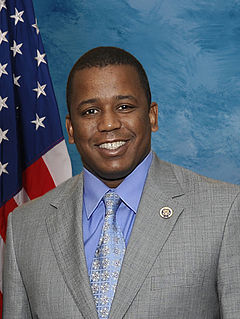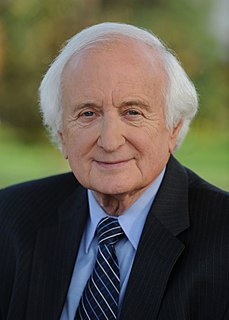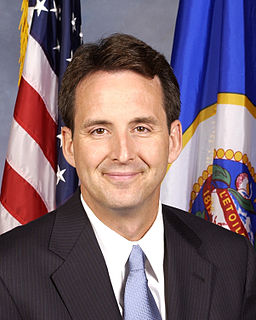A Quote by Kevin Brady
I think it's important, especially in health care, to take this step by step, whether it's the replacement of the Affordable Care Act, how we make Medicaid work better, how we save Medicare for the long term.
Related Quotes
What sensible people have got to do is not simply repeal the Affordable Care Act without any alternative, but you've got to sit down and say it's OK, what are the problems. How do we address it? How do we move to universal health care? How do we lower prescription drug costs? How do we make sure that people don't have outrageous deductibles? You just don't throw 20 million people off of health insurance. You don't privatize Medicare.
I think if you look at Medicare and Medicaid, the premise was that government needs to provide some assistance to people who aren't able to take care of themselves. I think we all share that goal, Republicans and Democrats. I don't think anybody's gonna go back now and say, Let's abolish, or reduce, Medicare and Medicaid. But as we confront the challenges and the responsibilities of our time - from here on - how do we serve more people or different people who are in need of financial assistance? Just forever having the government expand to address all of that seems unwise.
The rise in health care costs since Obamacare, the Affordable Care Act was passed, have been at their lowest rate in 50 years. Those savings have extended the Medicare trust fund by 11 years. So we've got a baseline of facts.So it is true theoretically that all that progress can be undone, and suddenly 20 million people or more don't have health insurance.































